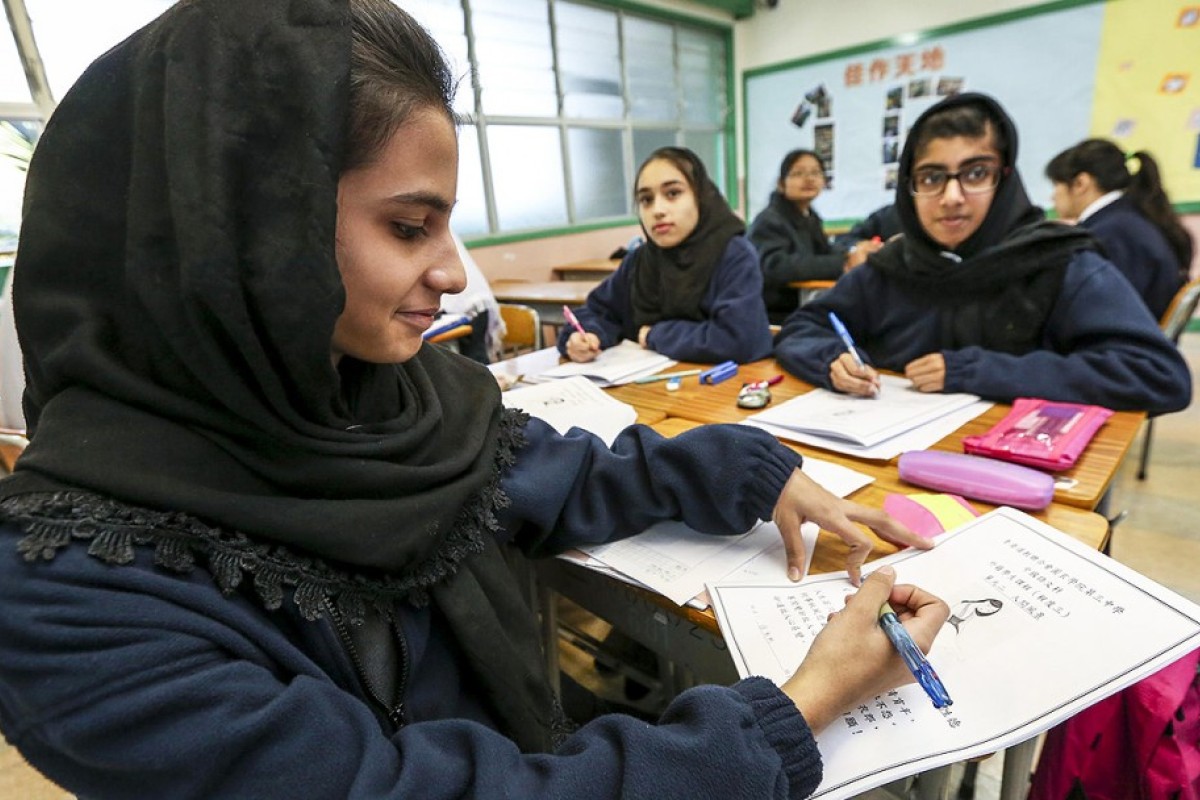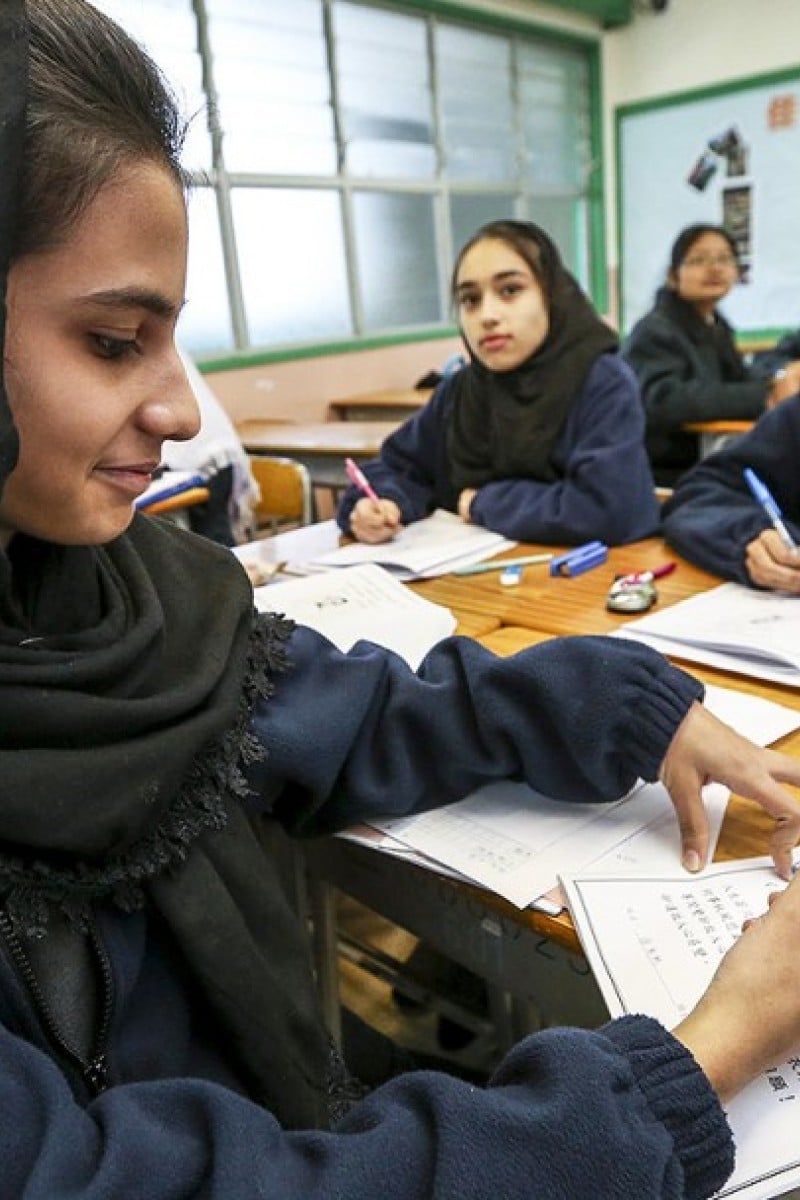
As thousands of students try to find other study options after missing out on a place at university, many from Hong Kong’s ethnic minority communities are being left out in the cold because of Chinese-language course requirements.
A new study published yesterday has found that ethnic minority students who don’t speak or write Chinese cannot qualify for 70 per cent of non-degree tertiary education courses.
The study said a lack of Chinese as a second language tuition in primary and secondary schools was to blame for the limited language skills of minority students. It also found that those who could speak Cantonese but could not write Chinese missed out on about half of the courses.
Researchers said this prevented non-Chinese-speaking students from pursuing what they were interested in and had limited their chances of getting high-paid jobs or securing work at all.
“Non-Chinese-speaking students are systematically discriminated against by Hong Kong’s education,” said Phyllis Cheung Fung-mei, executive director of minority rights group Hong Kong Unison. “Many local industries have manpower shortages. These students are very important resources but they have been ignored by the government.”
Census figures show that the rates of ethnic minorities getting into tertiary programmes in 2011 were about 10 per cent lower than general Hong Kong rates. Previous studies revealed that the unemployment rate among ethnic minorities reached 7.2 per cent in 2013 and 2014, more than double the general rates across the city over the same period.
For its study, Unison contacted organisers of 553 post-secondary programmes. It did not look at undergraduate degrees, whose admission criteria are clearer.
The survey was released yesterday, as 58,923 pupils received their university placement results. Around 36 per cent succeeded in their applications, among whom 73 per cent were admitted into one of their top-three selected programmes.
The Unison study asked about the language of instruction, whether compulsory courses were taught in Chinese, admission criteria and the language used in admissions interviews. It received 257 responses, of which only 186 gave full information in all those areas.
Of the 186 programmes, the group found that 71 per cent were not suitable for students who knew no Chinese, while half were unsuitable for those with limited ability in Chinese.
Just over half of the 257 programmes used English as the main teaching language, but 72 per cent of these English-medium programmes involved compulsory courses in Chinese.
“Non-Chinese-speaking students with weaker academic results have very limited options,” said Unison research officer Holing Yip Ho-ling.
City University student Khem Limbu, who moved to Hong Kong from Nepal at age four, said many minority pupils attended schools where there were few Chinese children. He became fluent in Chinese when he picked up basketball and card games, for which he needed to communicate with Chinese players.
The government in September introduced a framework for Chinese as a second language in schools, but critics say it is vague. The lack of Chinese-language education and subsequent lack of opportunities has been cited as a key reason for poverty in minority communities.
